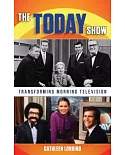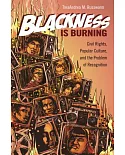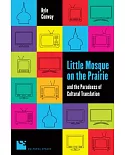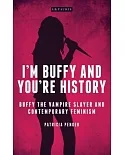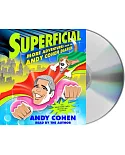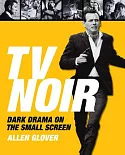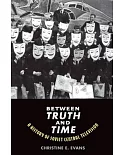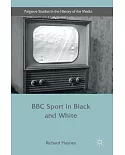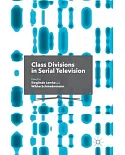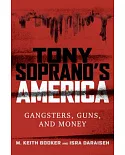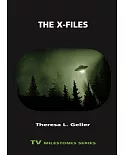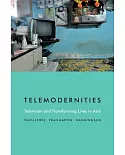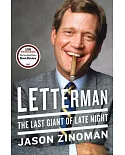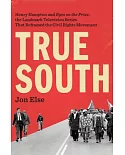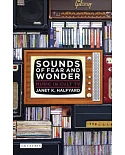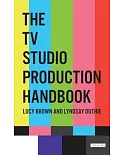?I wanted her to be seen as a full human being,” My So-Called Life creator Winnie Holzman says. ?What’s more feminist than that?” And, though it never once uses the word, MSCL
is arguably the most feminist teen show that has ever graced TV. The ABC series, which lasted only 19 episodes from 1994 to 1995, centred on a 15-year-old girl searching for her identity.
Angela Chase was a groundbreaking realistic representation of female adolescence on TV; without her there would be no Buffy or Felicity, Rory Gilmore or Veronica Mars.
The series’ broadcast coincided with the arrival of third-wave feminism, the first feminist movement to make teen voices a priority, and Angela Chase became their small-screen spokesperson. From her perspective, MSCL explored gender, identity, sexuality, race, class, body image, and other issues vital to the third wave (and the world).
In My Humble Opinion also explores how MSCL became the prototype for latter-day TV fandom ? as the first show to spawn an online campaign protesting its cancellation. To this day, passionate fans dissect everything from what Rickie did for gay representation to what Jordan Catalano did for leaning.
The series’ broadcast coincided with the arrival of third-wave feminism, the first feminist movement to make teen voices a priority, and Angela Chase became their small-screen spokesperson. From her perspective, MSCL explored gender, identity, sexuality, race, class, body image, and other issues vital to the third wave (and the world).
In My Humble Opinion also explores how MSCL became the prototype for latter-day TV fandom ? as the first show to spawn an online campaign protesting its cancellation. To this day, passionate fans dissect everything from what Rickie did for gay representation to what Jordan Catalano did for leaning.


